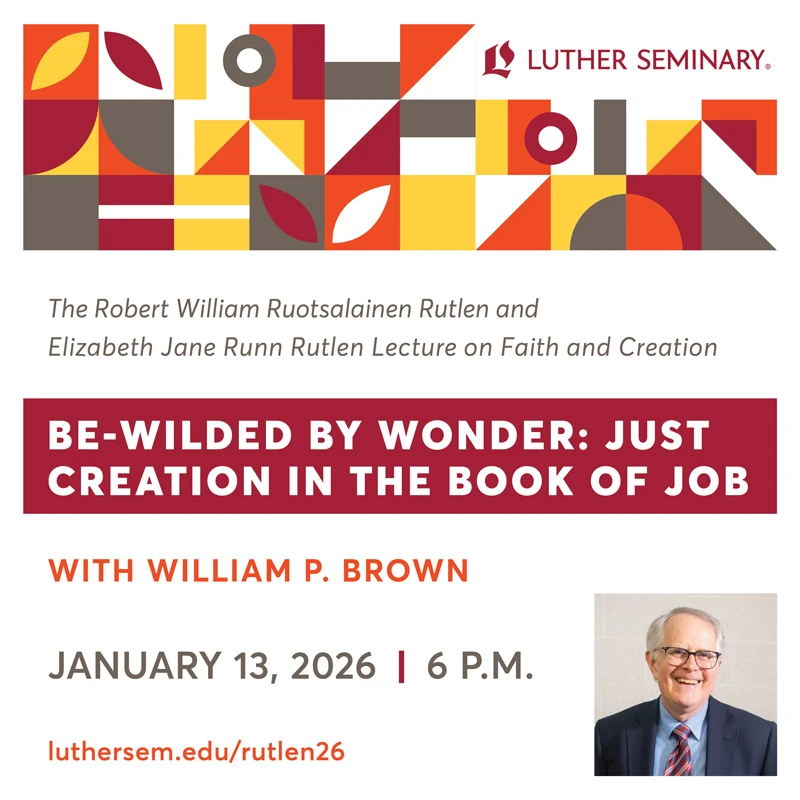SUMMARY
JosiahJudean king noted for his reforms of Israel's worship in the time of Jeremiah. More is another of the Chronicler’s exemplary kings. Much more space is allotted to his faithfulness in seeking God, his extensive reforms, and his PassoverPassover commemorates the deliverance of the Hebrew people from Egypt as described in the book of Exodus. It is celebrated with worship and a meal on the fourteenth day of the month called Nisan, which is the first month of the Jewish year. The time... More celebration than in 2 Kings.
ANALYSIS
In 2 Kings, Josiah is a model king, second only to DavidSecond king of Israel, David united the northern and southern kingdoms. More and SolomonThird king of Israel who was known for wisdom and building the first Temple. More, who reunites the people, divided since the days of RehoboamThe son of Solomon during whose reign the kingdom divided into north and south. More, and restores worship in the TempleThe Jerusalem temple, unlike the tabernacle, was a permanent structure, although (like the tabernacle) it was a place of worship and religious activity. On one occasion Jesus felt such activity was unacceptable and, as reported in all four Gospels, drove from the temple those engaged... More following the apostasy of Amon. In Chronicles, however, HezekiahJudean king noted for his reforms in time of Isaiah. More is the reforming king who reunites the people. Thus, while Josiah is praised, he is not as significant a ruler in Chronicles as he is in 2 Kings. Many of his earlier accomplishments, such as his celebration of the Passover, are seen as merely organizing and systematizing the innovative work of Hezekiah. Significantly, of the tripartite religious reform of 2 Kings 23:4-20—the cleansing of the Temple, the destruction of the high places in Jerusalem and the south, and the smashing of the northern sanctuaries—the Chronicler has already transferred the cleansing of the Temple back into Manasseh’s reforms (33:15-16). Consequently, there is little mention of Josiah’s cleansing of the Temple in Chronicles. Since the impact of the discovery of the “book of the law” (perhaps some form of Deuteronomy) is very similar to the account in 2 Kings, three characteristic features of the Chronicler’s presentation follow; namely, the early dating of Josiah’s reform, the expanded description of the Passover, and the curious nature of Josiah’s death:
- The most conspicuous divergence from 2 Kings is the Chronicler’s earlier dating of Josiah’s reforms. Immediately following the accession formula, 2 Kings moves to the 18th year of Josiah’s reign and his initial repairs to the Temple (v. 3) that led to the discovery of the “book of the law,” which in turn led to Josiah’s purge of the land and purification of the Temple. The Chronicler may have wondered why such a pious king (as portrayed in 2 Kings 22:2) would wait so long to begin Temple repairs. This would account for his introduction of Josiah’s cultic reforms in the eighth year of his reign (2 Chronicles 34:3a), while he was still a boy. The purging of the land continued in his 12th year (v. 3b), and then in his 18th year (v. 8a) the book of divine precepts emerges, which leads to a renewal of the covenantA covenant is a promise or agreement. In the Bible the promises made between God and God's people are known as covenants; they state or imply a relationship of commitment and obedience. More and the Passover celebrations. While effectively presenting Josiah as a faithful king from his youth, this sequence weakens the connection between Josiah’s cultic reforms and the discovery of the book that is so important in 2 Kings.
- The Chronicler takes 19 verses to describe Josiah’s Passover (2 Chronicles 35:1-19) whereas 2 Kings had taken only three (23:21-23). For the most part, the expansions are due to the increased prominence of the Levites and the Chronicler’s concern to establish their importance within the postexilic Temple system, as well as references to the prior work of David and Solomon. Since Hezekiah had already reinstituted the Passover and invited all Israel to attend, Josiah’s task is portrayed as one of organizing the proceedings.
- The death of Josiah posed theological problems for the Chronicler. How could a pious, reforming king die in battle, especially after Huldah had prophesied that he would die in peace? The author finds a partial answer in Josiah’s failure to heed God’s word (2 Chronicles 35:21-22). The artificial nature of this rationale, however, is evident from a number of points: In this instance, God’s word was delivered by Pharaoh Neco with no indication as to how Josiah might have known that Neco was speaking for God (vv. 20-21). Josiah’s ruse (disguising himself in order to engage Neco in battle), a random arrow that kills the king, and Josiah’s plea to remove him from battle because of his wounds are patterned on certain aspects of the AhabKing of Israel who opposed Elijah. More story (2 Chronicles 18:28-34).
Nevertheless, Josiah’s refusal to heed God’s word does not diminish the Chronicler’s respect for him. The lament of JeremiahProphet who condemned Judah's infidelity to God, warned of Babylonian conquest, and promised a new covenant. More (35:25) is unparalleled in Chronicles and testifies to the high esteem in which Josiah was held.

